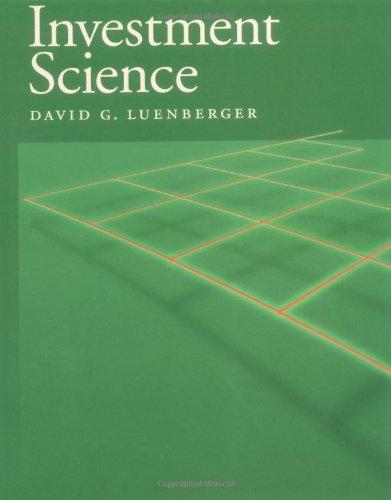i would question 2 and 3. ihave to answer for question 1. thank you

Planning for Growth at S&S Air After Chris completed the ratio analysis for S&S Air (see Chap ter 3. Mark and Todd approached him about planning for next year's sales. The company had historically used lime planning for investment needs. As a result, the company experienced some challenging times because of cash flow problems. The lack of planning resulted in missed sales, as well as periods when Mark and Todd were unable to draw salaries. To this end, they would like Christo prepare a financial plan for the next year so the company can begin to address any outside investment require ments. The income statement and balance sheet are shown here: SASA, Inc. 2012 Income Statement Sales Cost of goods sold Other expenses Depreciation EBIT 3:30.499 420 22 224.580 3.867.500 1386.680 $ 3.040.680 478 240 $ 2.552 420 1.024.968 $ 1.537,452 Taxable income Taxes (40%) Net income Dividends Add to retained earnings $560.000 977.452 Assets Current assets Cash Accounts receivable Inventory Total current assets Fixed assets Net plant and equipment SLS A Inc. 2012 Balance Sheet Liabilities and Equity Current liabilities $ 441.000 Accounts payable $ 689,000 508,400 Notes payable 2 230.000 1237,120 Total current liabilities $ 2.919.000 $ 2,186.520 Long-term debt $5,320,000 $16,122.400 Shareholder equity Common stock Retained earnings Total equity Total liabilities and equity $ 350,000 9.719.920 $10.069,920 $18,308.920 Total assets $18,308.920 QUESTIONS 1. Calculate the internal growth rate and sustainable growth rate for S&S Air. What do these numbers mean? 2. S&S Air is planning for a growth rate of 12 percent next year. Calculate the EFN for the company assuming the company is operating at full capacity. Can the company's sales increase at this growth rate? 3. Most assets can be increased as a percentage of sales. For instance, cash can be increased by any amount. However, fixed assets must be increased in specific amounts because it is impossible, as a practical matter to buy part of a new plant or machine. In this case, a com pany has a "staircase" or "lumpy" fixed cost structure. Assume S&S Air is currently producing at 100 percent capacity. As a result, to increase production. the company must set up an entirely new line at a cost of $5.000.000. Calculate the new EFX with this assump- tion. What does this imply about capacity utilization for the company next year








